A new EU research project called “SuperSmart”, headed by SINTEF Energy, will be supporting the introduction of a new European labelling initiative called “ECOlabel”. The project will develop the criteria and a technical platform for establishment of the initiative.
Together with the Norwegian supermarket chain REMA 1000, we have already developed what is perhaps the most energy-efficient supermarket in Norway at Kroppanmarka in Trondheim. It opened in 2013, and consumes 30% less energy than comparable stores.
- In 2014, SINTEF Energy Research and the company REMA Eiendom were awarded Trondheim municipality’s Energy Efficiency Award.
Not only was the store energy-efficient, but its refrigeration system and equipment are based on the use of CO2 as a refrigerant gas.
SINTEF Energy Research has been working closely with NTNU for many years to develop and improve refrigeration and ventilation systems for energy-efficient and eco-friendly supermarkets using CO2 as a natural refrigerant.
What is the problem with current refrigeration systems?
Perhaps you remember that in the late 1990s researchers discovered a hole in the ozone layer, and CFC gases were found to be the cause?
CFCs were replaced by more environmentally-friendly gases, but even these new refrigerants (HCFCs and HFCs) are not entirely harmless. Unfortunately, the situation today is that refrigeration systems used in all supermarkets in Norway, throughout Europe, and in most industrialised countries, are still emit refrigerants during their lifetimes. As long as these gases are synthetic, they have a direct negative impact in the environment.
For this reason it has become truly “SuperSmart” to develop more energy-efficient and eco-friendly systems for use throughout Europe.
Information or regulation?
What really has to happen for the food store chains and the “shopkeepers” to go for eco-friendly supermarkets?
Do they need better information about smart and eco-friendly systems? Or perhaps we need changes in Norwegian and international regulations designed to promote the use of, and transition to, natural refrigerants? Or perhaps the chains have to be made aware of the benefits of opting for the right kind of integrated, energy-efficient, systems for all their stores’ heating and refrigeration needs?
These are the issues that the SuperSmart project is addressing. The aim is to remove the non-technological barriers remaining within the European supermarket sector and to raise the awareness of, and disseminate knowledge about, more eco-friendly systems.

The project is being funded by the entire sector, from equipment manufacturers, consultants, suppliers and end-users. The project will act as a source of knowledge with the aim of preparing a specialised information and training programme for the various players involved, combined with a basic platform, documentation and the criteria required for a successful transition to energy-efficient and eco-friendly energy systems in supermarkets.
“Everyone” is talking about the use of CO2 as a refrigerant
In April, the major global players in the field of refrigeration engineering gathered in Barcelona. They included supermarket chains such as Carrefour, Aldi Süd and Marks & Spencer. And we were there too. “Everyone” was talking about the phasing-in of CO2 as a refrigerant in both the existing and future refrigeration systems used by food stores.
But why is everyone so preoccupied with new refrigeration systems? The reason is very simple – the updated EU F-gas directive. This directive, which came into force on 1 January 2015, will contribute towards reinforcing existing targets for the reduction of fluorinated GHG emissions by phasing out the most potent fluorinated (F) gases currently being sold in Europe. The aim is to advance the development of more climate-friendly technologies. Moreover, the use of F-gases in many types of equipment, such as refrigerators and air conditioning systems, will be prohibited, and suppliers WILL HAVE TO come up with new, eco-friendly, systems. In the case of equipment already in use, the directive will impose stricter regulations and, not least, require the recycling of refrigerant chemicals when the equipment is scrapped.

Natural refrigerants are the future for eco-friendly supermarkets
New synthetic refrigerant systems are currently being developed, and there are powerful forces at work lobbying to persuade equipment suppliers to adopt such systems. The most recent synthetic refrigerant systems have less impact on global warming due to their lower GWP values. In the event of a transition these will be important for ensuring that existing and already implemented systems can remain in use for some years before being replaced by new equipment using natural refrigerants.
However, as a means of achieving global climate change targets, natural refrigeration media represent the future because their environmental impact is known. This is not the case for the new, low GWP, substances and compounds.
There is no doubt that the SuperSmart project will make a major contribution to the transition to a more eco-friendly supermarket sector. Next stop is the Gustav Lorentzen Natural Working Fluids Conference, to be held in Edinburgh in August 2016. This conference will provide a great deal of technical input, both from the project itself and the partners involved.
SINTEF and NTNU have been looking into natural refrigeration media for many decades.
And it is thanks to the ideas of Gustav Lorentzen Snr. that the research community at NTNU and SINTEF is currently recognised as a leading international centre for the development of eco-friendly refrigeration engineering systems. And this makes it even more “cool” to be taking part in realising his ideas.
- Our aim is to create the world’s most energy-efficient industrial sector! Read more about our new centre: FME HighEFF.



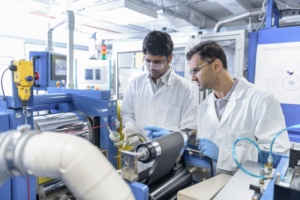



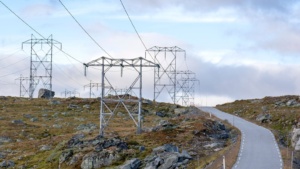
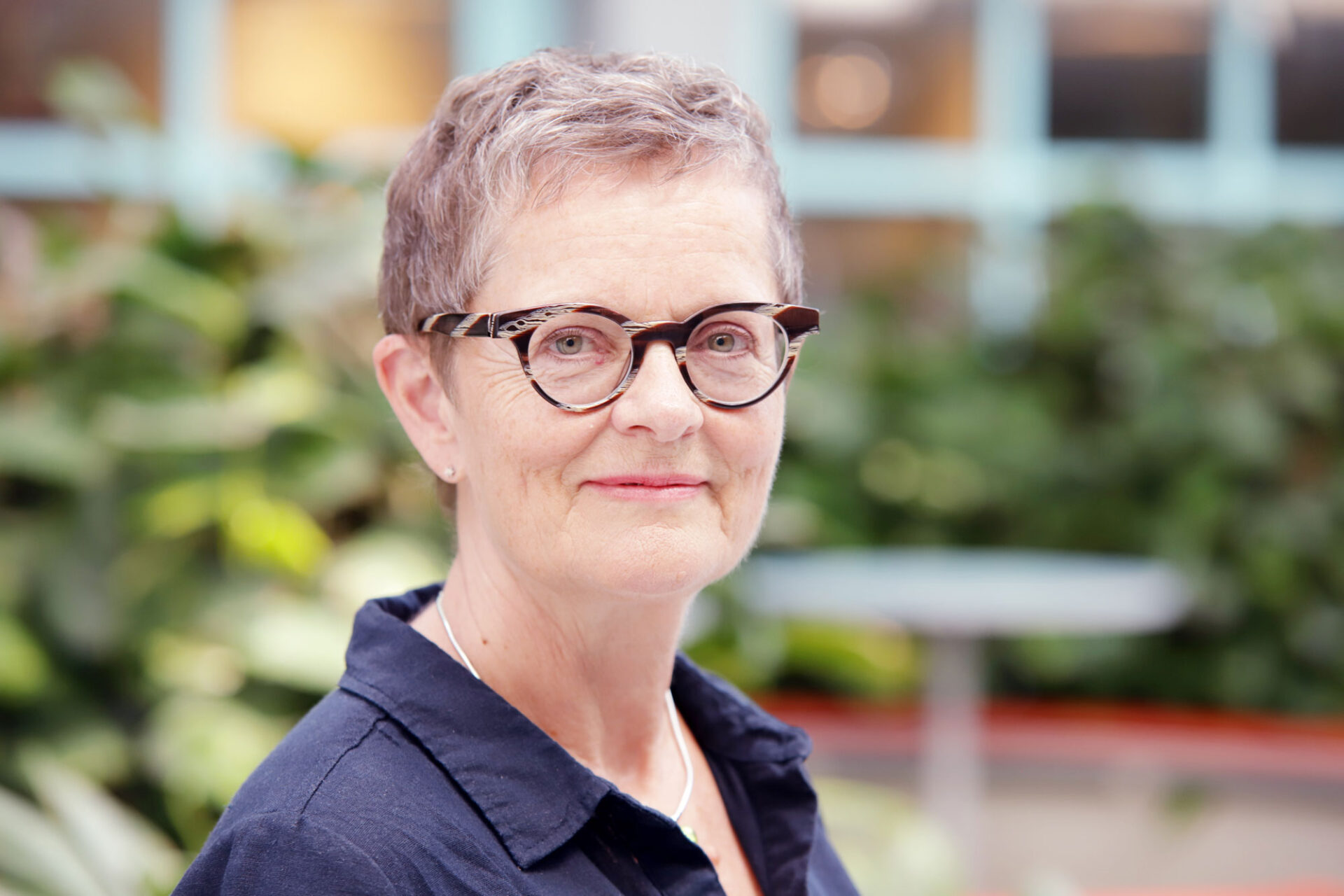
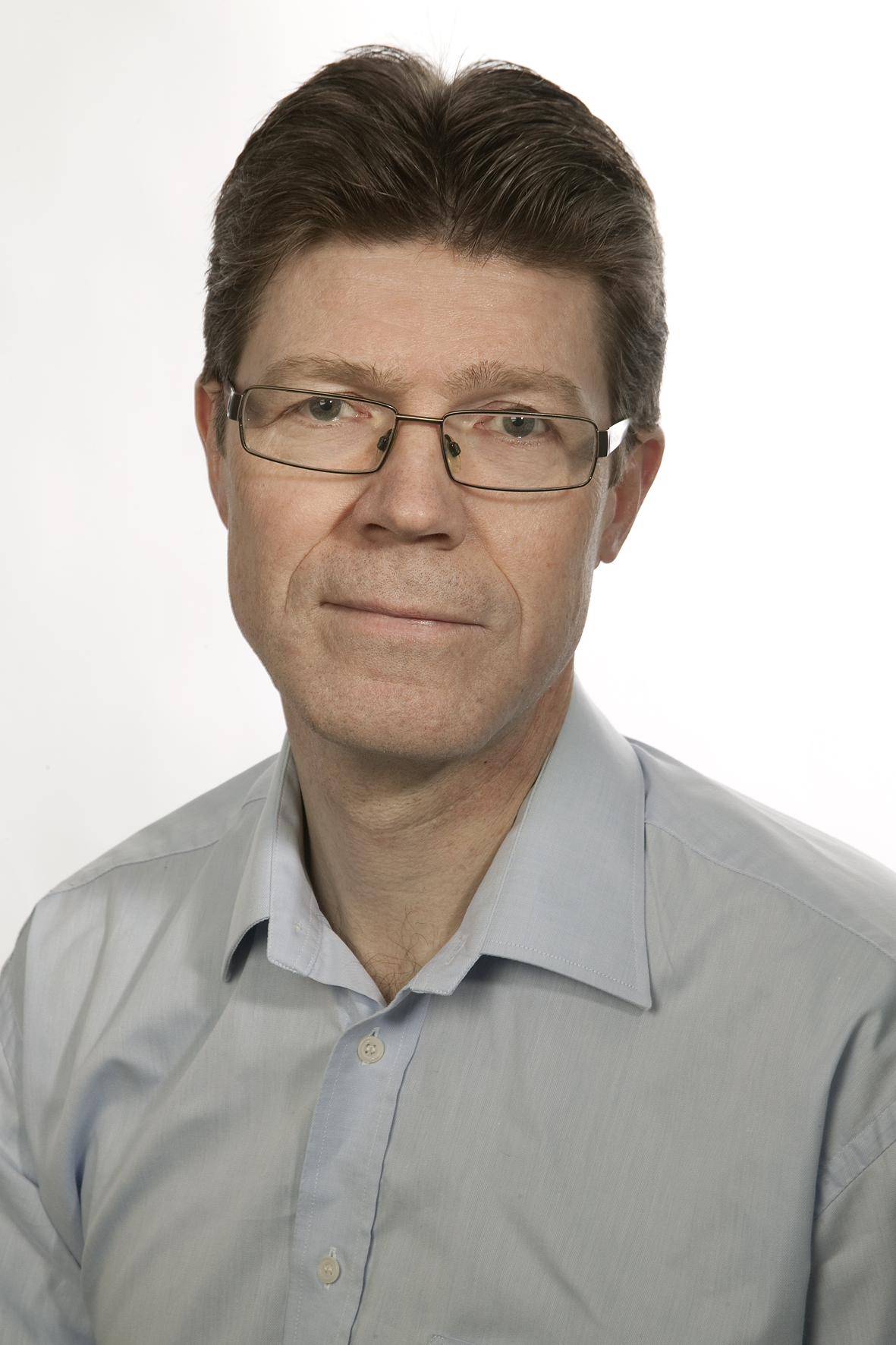
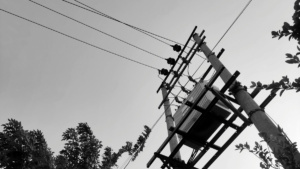

Comments
No comments yet. Be the first to comment!